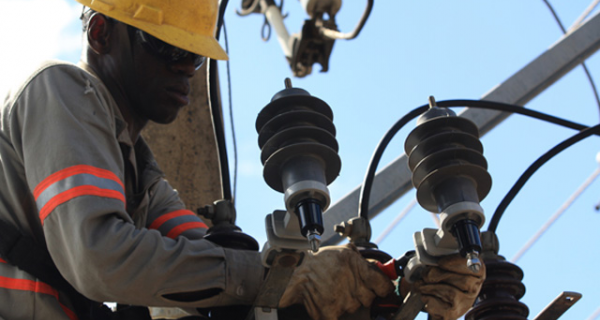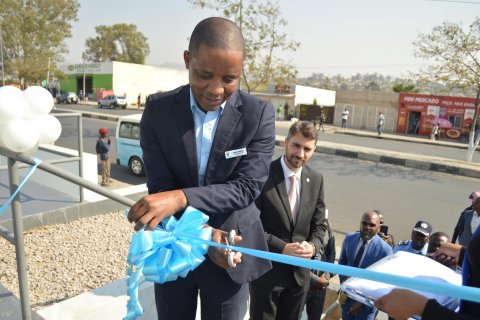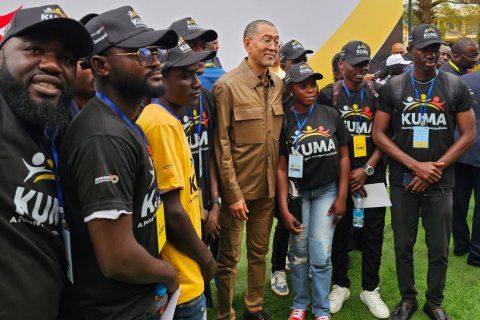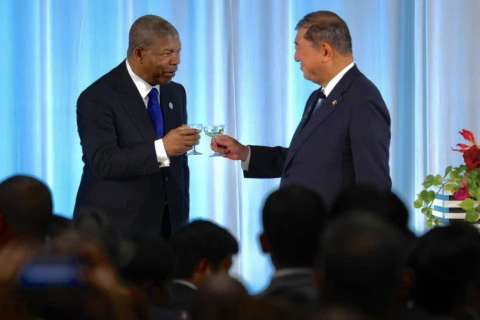"For the private sector to actually see this investment [in the energy sector] as advantageous, it is necessary that tariffs increasingly reflect costs, but it is also necessary that current costs reduce, namely the costs of using fuel for production energy", indicated Baptista Borges, who was speaking on the sidelines of an international conference on renewable emergies.
The official revealed that the public investments being made aim to reduce costs, in parallel with the price update program so that private producers are interested in participating in this market.
As for the date on which the tariff update that will be applied will come into force, I just said "soon".
"The methodology has been approved, now there will be a process of transforming the regulatory entity into an administrative entity independent of the tutelage and that will see its powers reinforced, one of the main ones being the fixing of prices, so we expect that in the coming months there will be news in this matter. ", he indicated.
With electrification underway in Angola, in order to reach the goal of reaching 50 percent of the population in 2025, the minister said that projects are being developed that currently allow the country to have a production surplus that will be drained as the electricity system extend to provinces with less access.
Currently, only 42.8 percent of Angolans have access to electricity, with hydro, with around 3,000 megawatts of installed capacity, the main source of renewable energy.
However, the executive has an ongoing plan that provides for the incorporation of other sources such as solar, wind and biomass, with the installation of solar parks in an advanced stage, with the installation of 350 megawatts (MW ) of solar energy: 280 MW in two parks in Benguela and the remaining in five other locations in the country.
There are also projects already approved that foresee the installation of another gigawatt of capacity, of which 500 MW will be photovoltaic solar parks connected to the grid and the remaining mini-grid systems that will serve more isolated villages in the southern and eastern parts of the country.
João Baptista Borges recognized, however, the challenge of meeting the demand of a population that grows at a rate of 3.3 percent per year: "With more than one million inhabitants being born every year, naturally the needs of access to services grow as well".
"We have to continue to make intensive investments in the expansion of the network, either with state efforts or with private capital", he reinforced.
The minister considered, on the other hand, that achieving universal access to energy "is a long road" that depends not only on investment, but on training and capacity building.
In the field of renewable energies, the fixing of tariffs is also being worked on so that the producer "knows how the prices will be calculated" of what he will sell, a process that according to the minister "is being concluded".
Within the scope of private energy purchase contracts, the executive is still trying to solve two problems: the guarantee to the producer that in the event of non-payment of monthly bills by the energy user there will be a mechanism to cover this risk, and the exchange rate variations, stressed João Baptista Borges.







